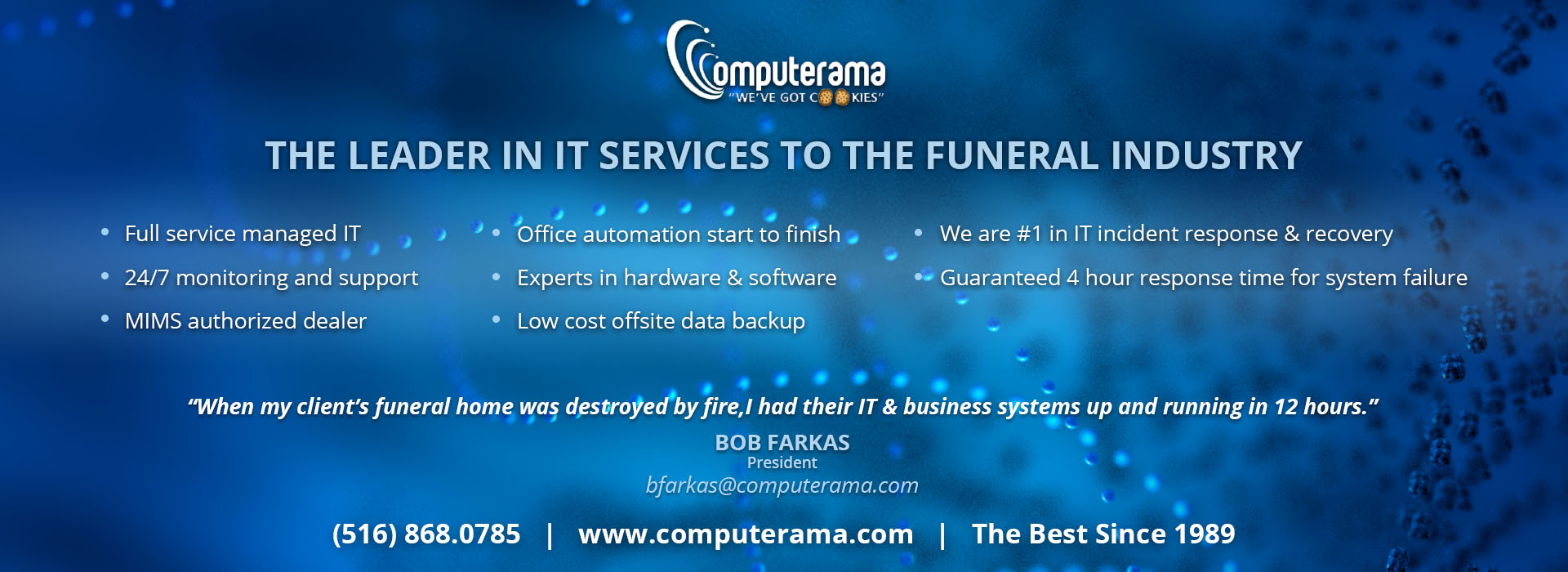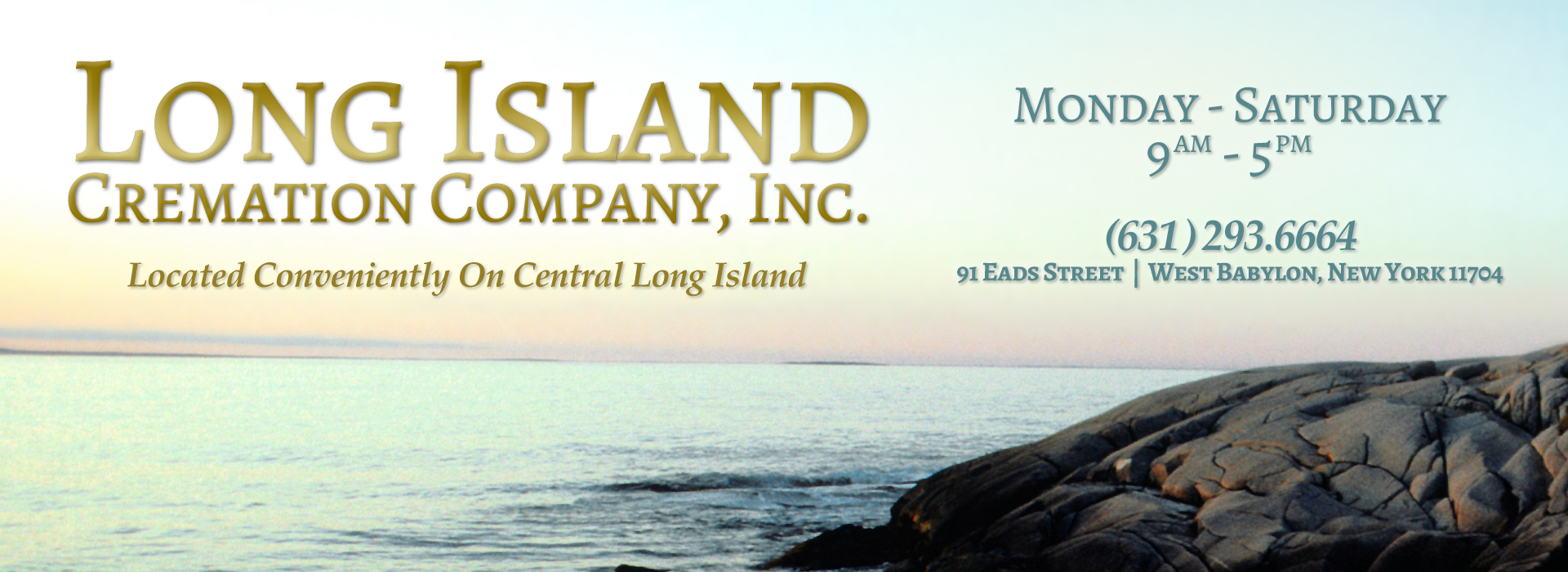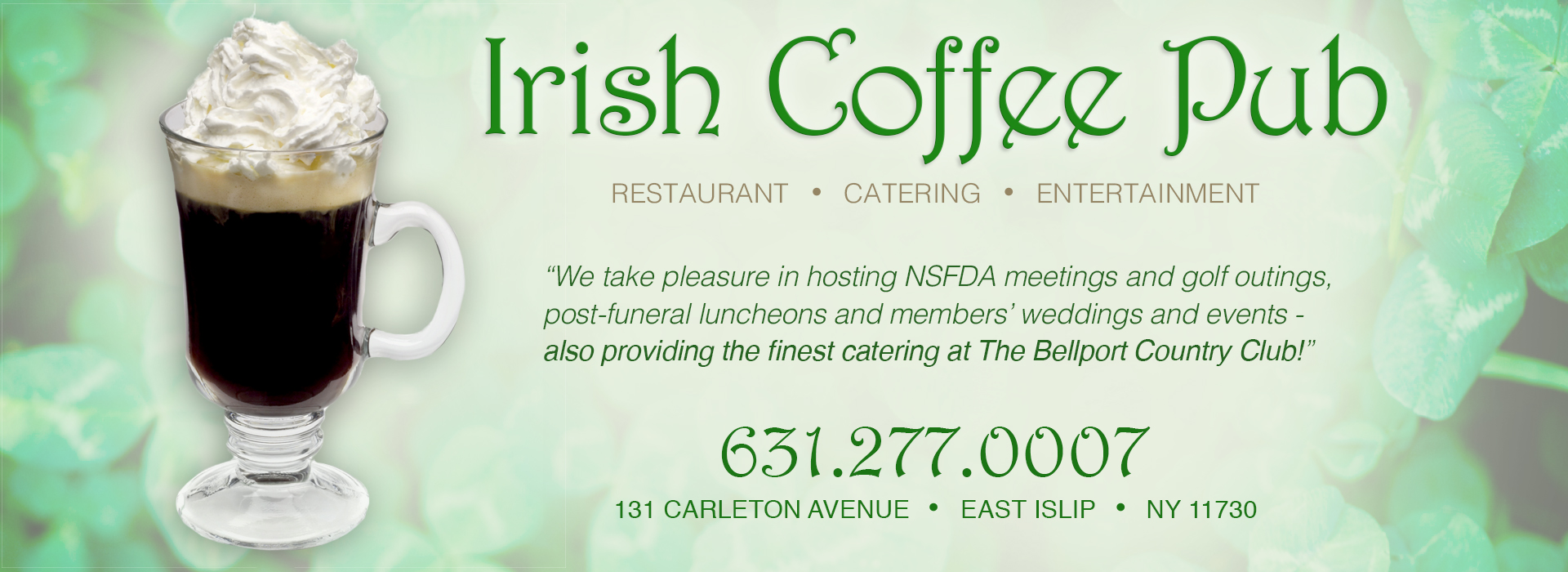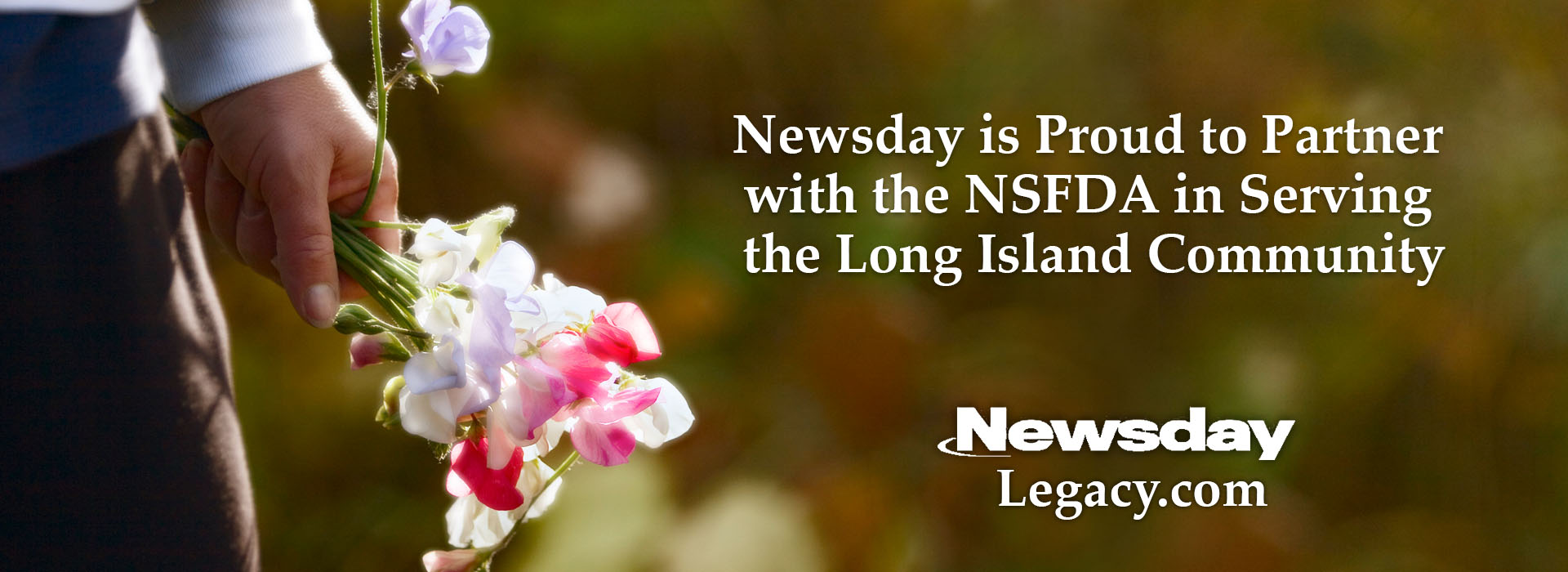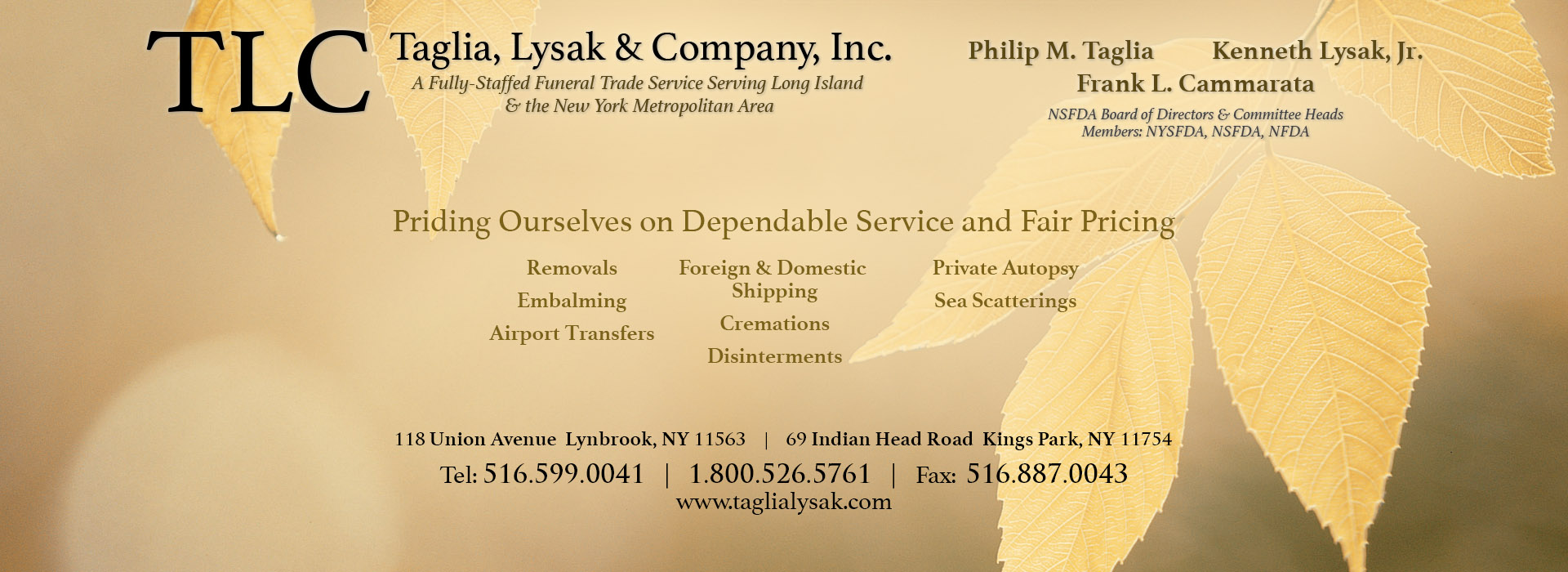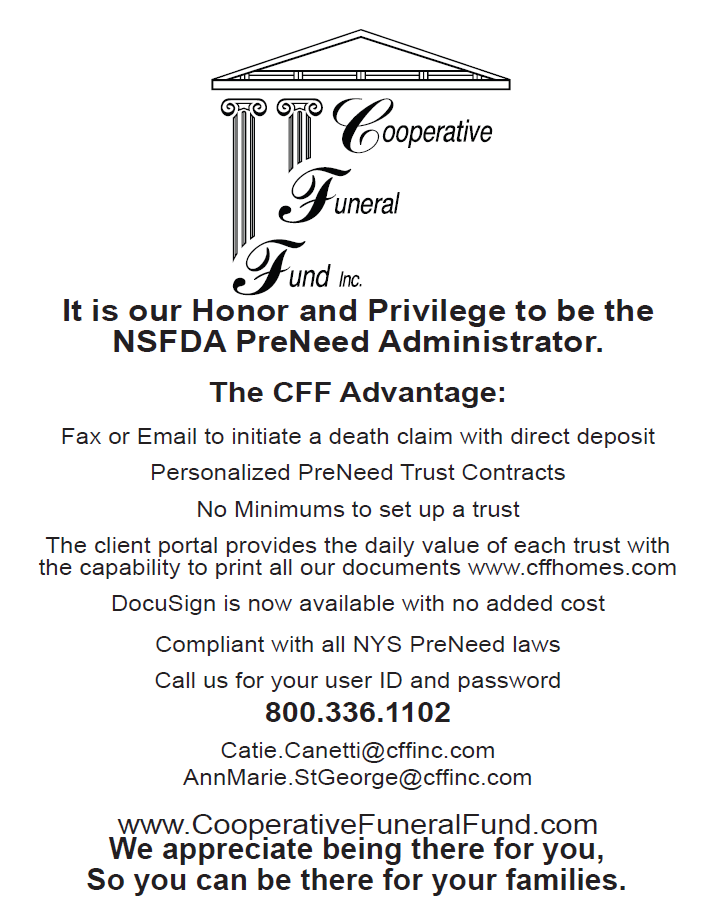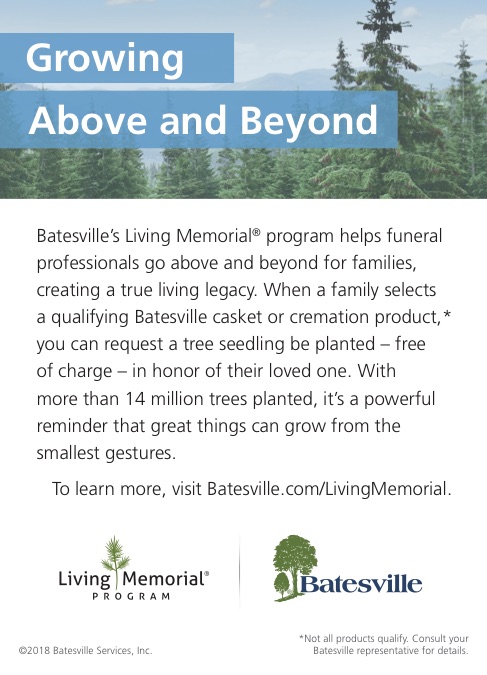When Will Died: Becoming a Widow
By Jo Pettit, Executive Director, NSFDA
When Will died so did life as I knew it.
Everything changed.
I was no longer a wife; I was a widow.
I no longer was half of a couple; I was single.
Our children, once having two parents, now lived in a single-parent home.
Decisions I once helped make, I now would make by myself.
For the first few days, I felt little. There was so much to get done and so many people to see that I kept very busy. I had entered an interval often referred to as “shock” – a period of numbness and insulation that dulls and fogs reality. I believe it’s Nature’s compassionate way of protecting us until we become strong enough to handle the deep pain of loss.
The funeral director, an old friend of Will’s and an active member of our community, helped me put together a grand funeral. I know my family, my friends and myself: we had all shared the years of Will’s illness and had been a large part of each other’s lives, giving support through the bad times and celebrating together all the significant times of our lives. I wanted, perhaps needed, them to be a part of his last rituals.
The Hole Inside
The sharpest memory I have of that time was feeling as if I had a big, empty hole inside me. That hole was the space in my life that Will had filled for nearly 25 years.
After the funeral when family and friends had to get back to the busyness of their own lives, feelings, mostly unpleasant, began seeping into my consciousness. Memories, good and bad, flowed. From the beginning, I found I couldn’t concentrate very much. I couldn’t read more than a paragraph or watch more than a few minutes of TV before my mind drifted. As a matter of fact, it was months before I could read a magazine article all the way through or an entire book.
I felt the desire to travel. Was it running away? So what? It helped for a little while.
I felt uncomfortable being in our home alone at night; I installed an alarm system, outdoor security lights and slept unafraid.
I’d “hear” his car pull into the driveway at the end of the day. Sometimes I’d suddenly feel lethargic and have no energy at all. Other times I’d feel anger and not have a clue why.
Was I going crazy?
What I’ve learned over these years since Will died is this: if someone isn’t “crazy” before his or her loss, he or she is not “crazy” afterwards.
A few other things I’ve learned are
- People grieve in different ways. There is no “right” or “wrong” manner.
- The widowed and those who have lost partners grieve deeply regardless of the happiness or unhappiness of their unions.
- We don’t get over the death of a spouse or partner. We don’t get around it. We go through bereavement and we learn to adapt.
Some other symptoms or experiences you may encounter are:
- Change in sleep or eating habits
- Lethargy or lack of stamina
- Feelings of anger or resentment for the deceased or anyone who ever offended him/her
- Anger at God
- Feeling overburdened with responsibility
- Physical problems – digestive, dental, etc.
- Full of remorse about things that can’t be changed (Maybe there was more I could have done … I didn’t have the memorial service he would have wanted … if only I …)
- Jealousy toward those still with their spouse/partner
- Guilty feelings when having a pleasant time or laughing
- Fear of running out of money (an irrational or overblown fear in many cases) if you were not the one in charge of finances
- Dread of significant events, especially the holidays
- Inability to recall the deceased’s face or to remember details concerning the deceased
- Overwhelming loneliness even when surrounded by people
- A desire to withdraw from social contact with others
- Low self-esteem (I’m unable to do much without him/her, or … he/she was the strong/talented/good looking/well-liked/etc. one …)
- Disappearance of friends (usually married people who may be threatened by your new single status) and lack of invitations to gatherings geared to couples.
The One-Year Rule
Forget it – it’s a fallacy.
We are not over, and have not passed, our grieving in one year. All “one year” means is that we have experienced four seasons without him/her. It is true that by fact of having survived four seasonal events and experiences, we have been fortified, but our sense of loss remains.
It is difficult when others say thoughtless (and ignorant) things such as, “It’s been a year and you should be over it.” We may think that there is something wrong with us because we don’t feel “over it.”
For most of us, we need to continue to rebuild our lives and there are some things we can do to help ourselves:
- Traditionally, prayer helps most, if that is your belief.
- Begin to carefully observe your instincts. Look within. Trust yourself.
- Investigate bereavement support groups in your area. Joining others who have suffered similar loss is usually very comforting and helpful.
- Call your friends regularly. Don’t worry about boring them with talk about your grief. You’d be there for them, wouldn’t you?
- Exercise! I began early morning “power walking” after Will died and it did wonders for my strength and physical/mental health.
- Begin making a few minor changes in the familiar: cover your bed in a new color, rearrange the furniture at your home’s entrance area, and plant lots of flowers near your front doorway.
- Install deadbolt locks on the doors to your home and buy a cell phone for the car. Leave a radio playing when you go out.
- Sign up for a workshop or adult ed. class and learn something new.
- Get professional help through difficulties. An independent certified financial planner can help you put all your affairs in perspective and plan for the rest of your life; a good one is a tremendous comfort. Your funeral director is able to guide you toward many avenues of help: bereavement groups, private counselors, pre-arranging your own funeral. A local Senior Center makes many types of information available at little or no cost. Ask friends for recommendations. Look around – there are numerous paths to information in your community.
- Cry if you feel like it. When you’re with real friends, they’ll understand. If you’re around strangers, they won’t remember you or even care very much. When you’re alone, you can release it all for as long as you need.
- Learn to say “no.” “No, children, I do not wish to come over tonight. Maybe tomorrow.” “No, thanks. I do not want a parrot to keep me company!” “Thank you but I don’t really want to take that bus trip with a lot of people right now.”
- Do something a little different for the Holiday. Celebrate in a different place. Serve goose instead of turkey. Have brunch instead of dinner. Use purple decorations instead of green and red. Get creative!
- Watch the papers and bulletin boards for announcements about special holiday grief programs and attend one even if you don’t think it will help. It will.
- Pamper yourself. Soak in a warm bath. Stay in bed an hour after the alarm with a cup of tea and a good book once in a while. Get a makeover or try a new perfume. Buy a new pair of shoes. Have a body massage. Plan a trip.
- If you have never done it, try eating out alone. Have lunch in a fancy restaurant you’ve wanted to try. Dress up, carry a book, hold your head high and walk right in. If you feel uncomfortable, pretend you’re traveling on business. Order whatever you want.
Grieve!
Let yourself grieve. Don’t fight thoughts of your beloved or the circumstances of the death. Remember and cry. Feel awful. You’ll do those things anyhow but when you give yourself permission to grieve, you assume some control over it.
There is no timetable for grieving. Sooner or later you will realize that you don’t cry as often and that minutes and then hours will pass without thoughts of your loss. If you had a loving relationship with your spouse/partner, eventually you will painlessly enjoy the memories. If it was a difficult relationship, in due time you will forgive him/her and yourself and realize the upside of your connection.
The intense pain passes and as time goes by, normalcy, even joy, returns. Nothing will be the same but life will continue, as it should.

